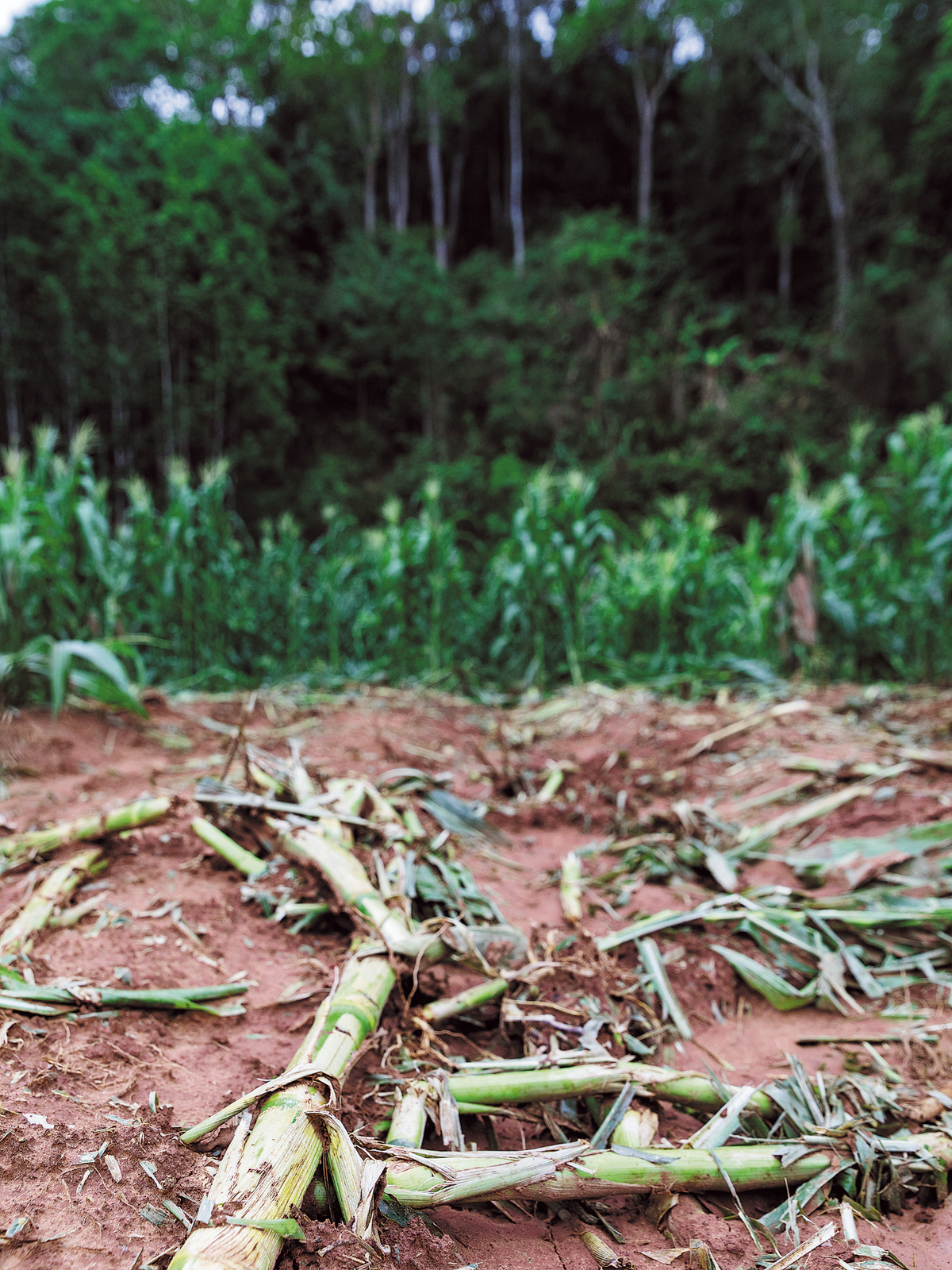Locals in Yunnan trained on Asian elephant awareness
Residents advised on how to deal with mammals if they enter inhabited areas


"As a result, human-elephant safety incidents in Mengla have been scarce over the past several years, with usually one case in a year or sometimes none at all," Chen said. "However, wild elephants are fond of crops such as corn and bananas, and have found the crops easier to obtain near human settlements. Cases of wild elephants raiding and feeding on people's farm produce are on the rise."
According to the official, Xishuangbanna prefecture allocates 30 million yuan ($4.14 million) to Mengla to compensate local residents for their economic losses caused by human-elephant conflicts. The county government has given an additional 10 million yuan to supplement the compensation fund.
"Every case will be handled," Chen said. "Even though the funds are tight, 70 to 80 percent of lost crops can be compensated."
People living in the elephant activity areas in Mengla mainly make a living by cultivating rubber trees, Cao said. During the rubber harvesting season, from May to October, there is an increased likelihood of encountering elephants, which might spark human-elephant safety incidents.
Meanwhile, as the elephants roam through areas inhabited by humans, they may venture close to roads, local communities and towns.
"People without much experience living with elephants might find themselves vulnerable to potential risks posed by these animals," Cao said.
























